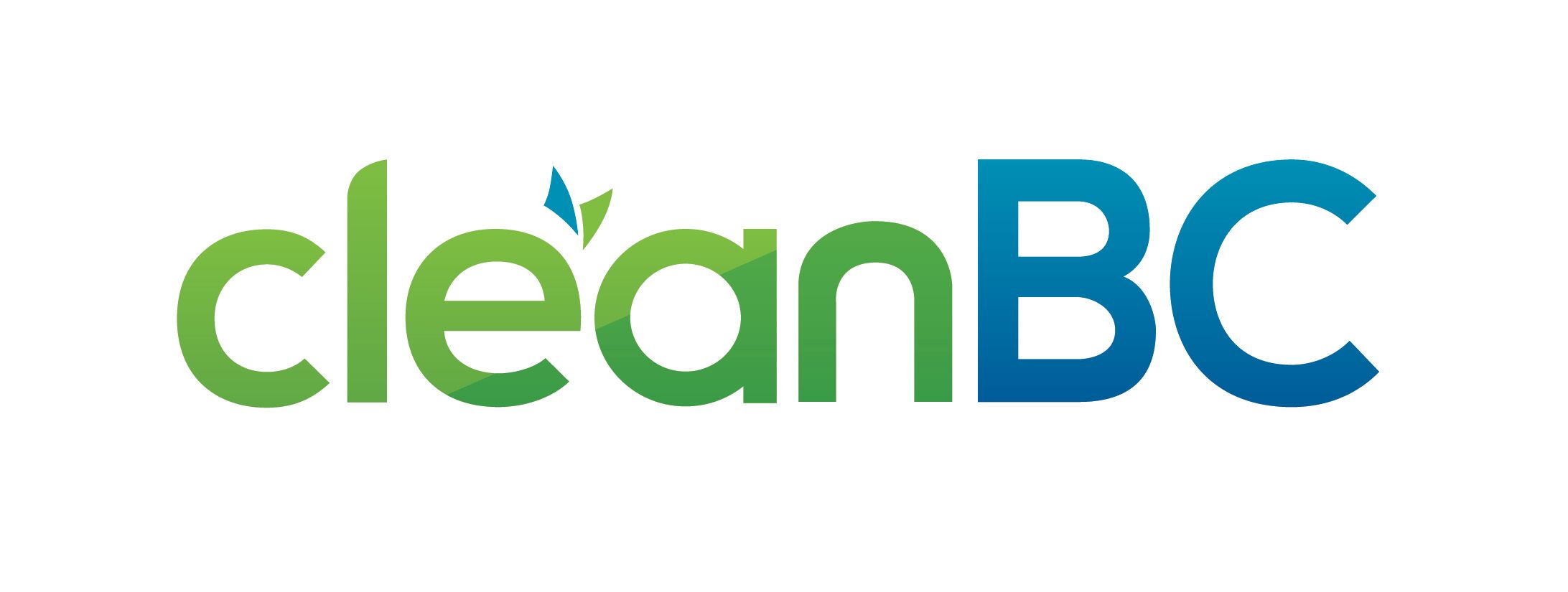Local government climate change mitigation
Climate change mitigation refers to efforts taken by local government to reduce or prevent the emission of greenhouse gases.
Municipalities and regional districts in B.C. play an important role in climate change mitigation. Every local government has signed the B.C. Climate Action Charter. By signing the Charter, local governments commit to taking action to reduce greenhouse gas emissions within their corporate operations as well as taking steps to reduce community-wide emissions.
Corporate climate change mitigation
Under the Charter local governments commit to becoming carbon neutral in their corporate operations. Many local governments develop corporate climate action plans.
When local government leaders work to reduce greenhouse gas emissions in their own corporate operations, they lead by example and set the stage for citizens, business and industry to take action and help move whole communities towards greater energy efficiency and sustainability.
Local governments are supported by:
- Carbon Neutral Framework: This unique-to-B.C. approach helps local governments determine carbon neutrality. The framework identifies four steps to tracking corporate emissions: measure, reduce, balance/off-set and report. Local governments can achieve or work towards carbon neutrality by undertaking Green Communities Committee-approved reduction projects (for example, household organic waste composting), investing in third-party verified reduction projects (for example, biocover methane reduction or trenchless technology) or purchasing carbon off-sets.
Local governments are recognized for their efforts through:
- Green Communities Committee Climate Action Recognition Program: This program publicly recognizes the progress and achievements of each Charter signatory towards achieving carbon neutrality based on reporting through the Climate Action Revenue Incentive Program (CARIP). CARIP was wrapped up in 2021. The recognition program is currently suspended.
Local government progress toward carbon neutrality has involved the implementation of a number of innovative projects including fleet replacement and efficient heating and cooling energy systems.
Community-wide climate change mitigation
Community-wide climate change mitigation is broader in scale than mitigation at the corporate level. It can include:
- Introducing new technologies that reduce energy consumption
- Implementing land use planning that creates complete, compact, and energy efficient communities
- Working with business, industry and residents to encourage a shift in their approaches to energy use
Climate mitigation and land use planning
Land use that is compact, complete, centred, connected and considers natural assets and hazards reduces emissions, supports economic, social and environmental outcomes and builds community sustainability and resilience.
- Learn more about communities that are compact, complete, centred, connected and consider natural assets and hazards
- The Guide to Green Choices (PDF, 1.5MB) provides practical advice on how to create more livable communities that also facilitate reduced greenhouse gas emissions.
The Local Government Act and the Charter both recognize the important link between greenhouse gas reduction and land use.
- Local governments in B.C. are required to include greenhouse gas reduction targets, policies and actions in their official community plans and/or regional growth strategies.
- By signing onto the Charter, local governments in B.C. have committed to supporting the development of complete, compact, more energy efficient rural and urban communities.
Other plans can be integrated with official community plans and regional growth strategies to help support the implementation of community-wide climate mitigation efforts, including:
- Climate action plans
- Greenhouse gas reduction plans
- Community energy and emissions plans
- Integrated Community Sustainability Plans (PDF)
Climate change mitigation tools, technologies and best practices
Tools available to local governments to support land use climate change mitigation goals include:
Community-wide climate change mitigation also involves taking steps to encourage and facilitate the implementation of new technologies and designs that require less energy to provide the same services as conventional systems.
- Community Energy Efficiency & Emissions Reduction
- Resources from Waste: Strategies for Local Governments
Find out what plans, policies, projects and processes have been implemented by local governments across B.C. to offset their greenhouse gas emissions.
Climate change mitigation engagement
Community engagement helps get residents and businesses to support community-wide climate mitigation targets.
Climate change mitigation and adaptation
While mitigation refers to the reduction of greenhouse gasses, adaptation involves preparing for climate changes and the impacts they will have on natural systems and communities. Some impacts include more frequent and intense storms, increasing temperatures, drought, wild fire, sea level rise and flooding.
Managing these types of risks now will protect the well-being, improve the prosperity, and lower the costs for generations to come.
Mitigation and adaptation can overlap in a few key areas including local food production and security, building construction (insulation, green roofs), infrastructure (deep lake water cooling systems) and natural systems (tree canopy and shading).
B.C.'s climate plan puts us on the path to a cleaner, better future. Learn more:
Sustainability & Resilience
Related Links
Contact information
Contact us if you have questions about local government climate action.
250 356-0284
1 800 663-7867
LUPRI@gov.bc.ca

